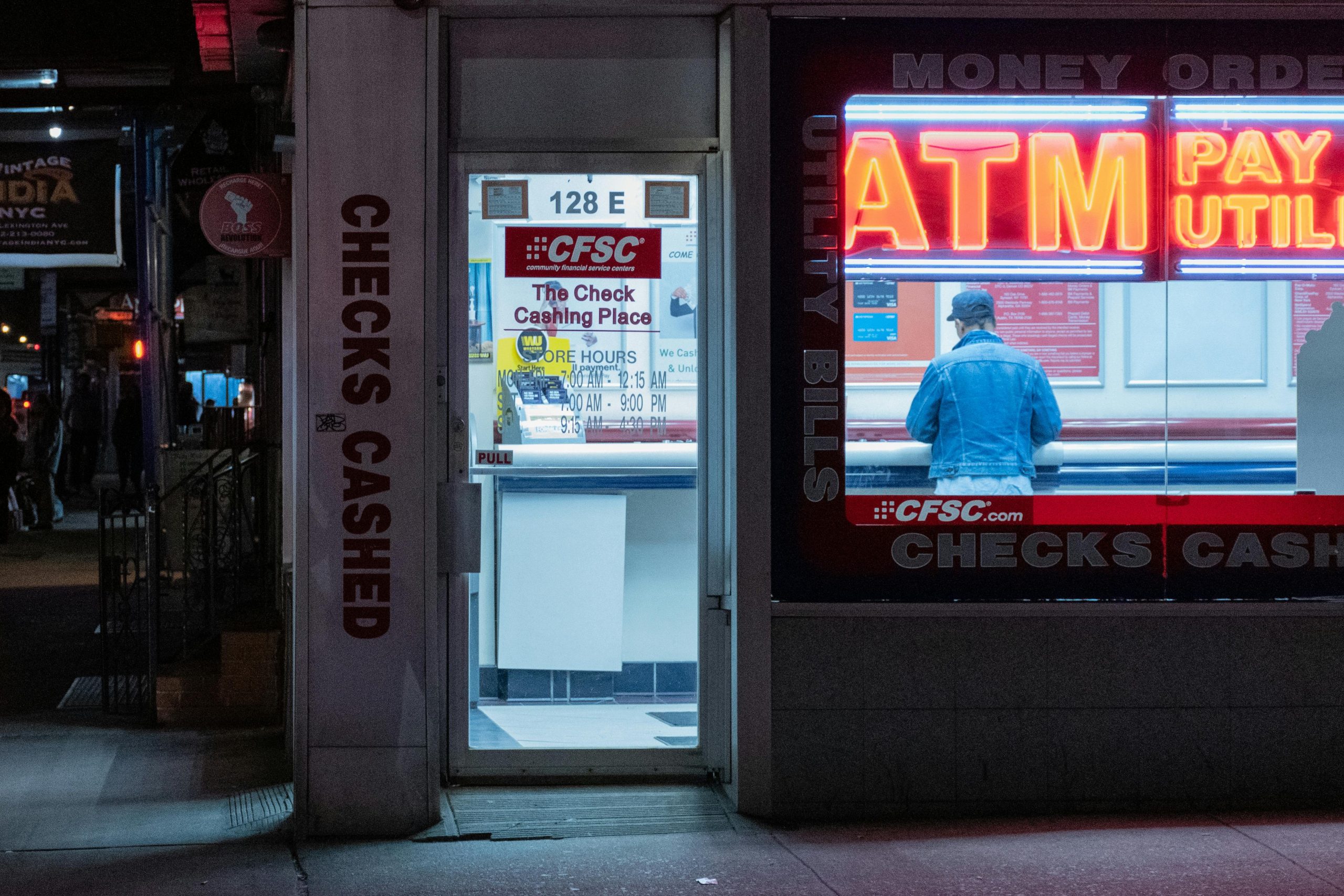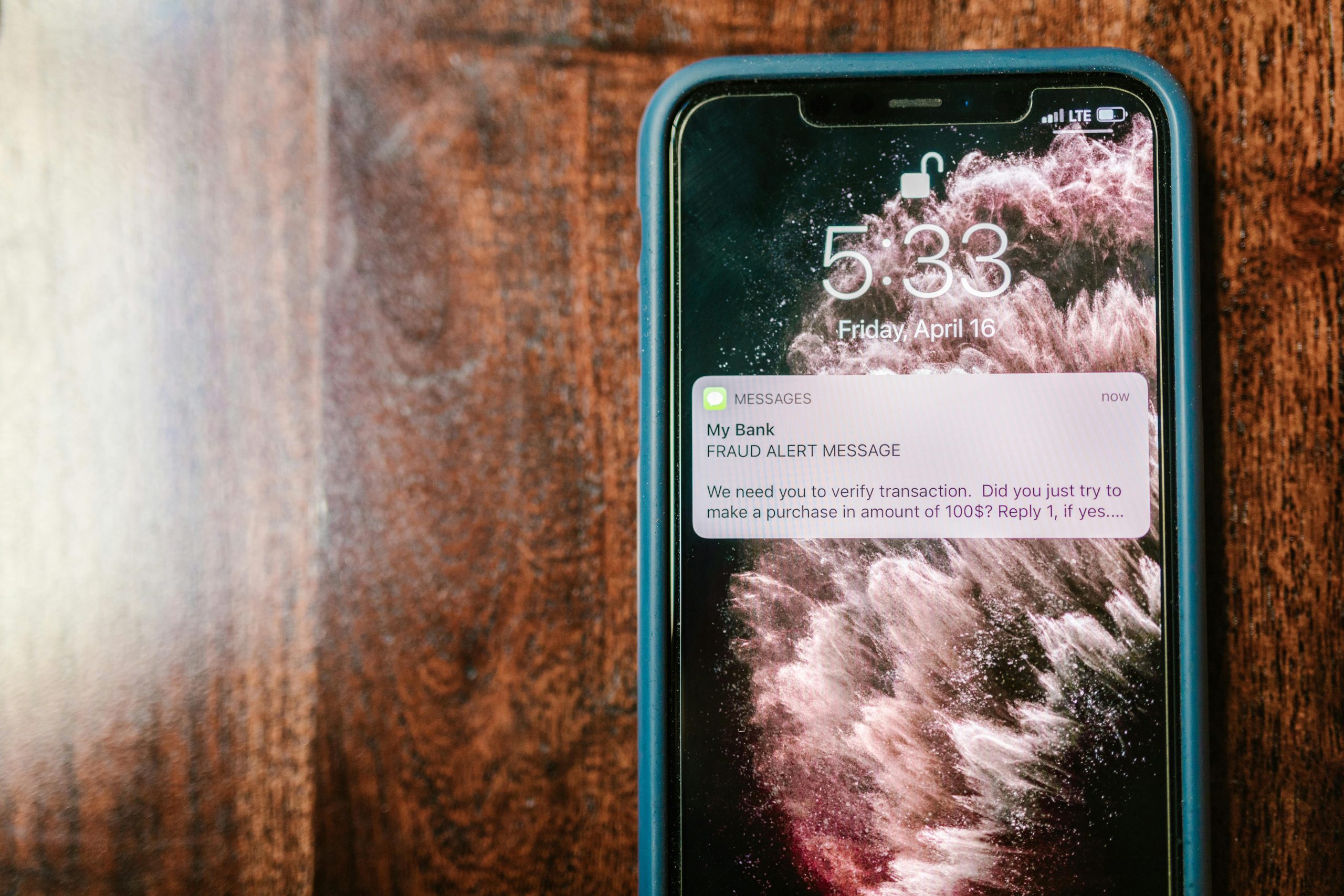- Home
- Programs
- Africa & Middle East
- Egypt 12/23/2026
- Egypt 7/8/2026
- Ghana 12/26/2026
- Ghana 7/13/2026
- Ghana 7/18/2026
- Hiking the Canary Islands 4/6/2026
- Jordan 6/30/2026
- Kenya 6/19/2026
- Morocco 6/19/2026
- Morocco 7/20/2026
- Morocco for Families 3/15/2026
- NCGE Morocco 7/10/2026
- South Africa and Zimbabwe 7/6/2026
- Turkey 7/25/2026
- Turkey 7/6/2026
- The Americas
- Asia
- Bali and Komodo, Indonesia 7/25/2026
- Borneo 6/19/2026
- Central Asia 6/30/2026
- China 7/6/2026
- India and Nepal 7/25/2026
- Japan Express 6/22/2026
- Philippines 6/5/2026
- Philippines Express 3/22/2027
- Sri Lanka 7/11/2026
- Taiwan 12/25/2026
- Thailand and Laos 7/1/2026
- Tibet 7/20/2026
- Vietnam 12/24/2026
- Vietnam and Cambodia 7/14/2026
- Europe
- Albania 7/21/2026
- Baltics 6/28/2026
- Budapest-Romania-Bulgaria-Istanbul 6/23/26
- Central Europe 6/28/2026
- European Christmas Markets 12/6/2026
- France and Spain 10/10/2026
- France and Spain 7/6/2027
- Greek Islands 7/17/2026
- Hiking the Azores 4/6/2026
- Hiking the Canary Islands 4/6/2026
- Iceland 12/27/2026
- Iceland 4/1/2026
- Iceland 7/9/2026
- Ireland 6/20/2026
- Italy's Amalfi Coast 3/22/2026
- Italy's Amalfi Coast 7/4/2026
- Mont Blanc 7/25/2026
- Northern Balkans 7/11/2026
- Poland 7/14/2026
- Portugal 7/9/2027
- Portugal and Spain 7/9/2027
- Scotland 6/28/2026
- Scotland 7/12/2026
- Slovenia 4/12/2026
- Southern Balkans 11/9/2026
- Southern Balkans 7/27/2026
- Spain 7/15/2027
- Turkey 7/25/2026
- Turkey 7/6/2026
- Spring
- Summer
- Albania 7/21/2026
- Argentina and Brazil 7/17/2026
- Bali and Komodo, Indonesia 7/25/2026
- Baltics 6/28/2026
- Bolivia 6/26/2026
- Borneo 6/19/2026
- Budapest-Romania-Bulgaria-Istanbul 6/23/26
- Central Asia 6/30/2026
- Central Europe 6/28/2026
- Chile and Argentina 7/7/2026
- China 7/6/2026
- Costa Rica 6/29/2026
- Egypt 7/8/2026
- France and Spain 7/6/2027
- Galapagos 6/28/2026
- Ghana 7/13/2026
- Ghana 7/18/2026
- Greek Islands 7/17/2026
- Iceland 7/9/2026
- India and Nepal 7/25/2026
- Ireland 6/20/2026
- Italy's Amalfi Coast 7/4/2026
- Japan Express 6/22/2026
- Jordan 6/30/2026
- Kenya 6/19/2026
- Mont Blanc 7/25/2026
- Morocco 6/19/2026
- Morocco 7/20/2026
- NCGE Morocco 7/10/2026
- Northern Balkans 7/11/2026
- Peru 7/8/2026
- Peru for Families 7/10/2026
- Philippines 6/5/2026
- Poland 7/14/2026
- Portugal 7/9/2027
- Portugal and Spain 7/9/2027
- Scotland 6/28/2026
- Scotland 7/12/2026
- South Africa and Zimbabwe 7/6/2026
- Southern Balkans 7/27/2026
- Spain 7/15/2027
- Sri Lanka 7/11/2026
- Thailand and Laos 7/1/2026
- Tibet 7/20/2026
- Turkey 7/25/2026
- Turkey 7/6/2026
- Vietnam and Cambodia 7/14/2026
- Fall
- Winter
- Family Programs
- Trip Search
- Full Programs List
- Africa & Middle East
- Traveling with GEEO
- Educator Resources
- About Us
- Login
- My account
- Cart
×
- Home
- Programs
- Africa & Middle East
- Egypt 12/23/2026
- Egypt 7/8/2026
- Ghana 12/26/2026
- Ghana 7/13/2026
- Ghana 7/18/2026
- Hiking the Canary Islands 4/6/2026
- Jordan 6/30/2026
- Kenya 6/19/2026
- Morocco 6/19/2026
- Morocco 7/20/2026
- Morocco for Families 3/15/2026
- NCGE Morocco 7/10/2026
- South Africa and Zimbabwe 7/6/2026
- Turkey 7/25/2026
- Turkey 7/6/2026
- The Americas
- Asia
- Bali and Komodo, Indonesia 7/25/2026
- Borneo 6/19/2026
- Central Asia 6/30/2026
- China 7/6/2026
- India and Nepal 7/25/2026
- Japan Express 6/22/2026
- Philippines 6/5/2026
- Philippines Express 3/22/2027
- Sri Lanka 7/11/2026
- Taiwan 12/25/2026
- Thailand and Laos 7/1/2026
- Tibet 7/20/2026
- Vietnam 12/24/2026
- Vietnam and Cambodia 7/14/2026
- Europe
- Albania 7/21/2026
- Baltics 6/28/2026
- Budapest-Romania-Bulgaria-Istanbul 6/23/26
- Central Europe 6/28/2026
- European Christmas Markets 12/6/2026
- France and Spain 10/10/2026
- France and Spain 7/6/2027
- Greek Islands 7/17/2026
- Hiking the Azores 4/6/2026
- Hiking the Canary Islands 4/6/2026
- Iceland 12/27/2026
- Iceland 4/1/2026
- Iceland 7/9/2026
- Ireland 6/20/2026
- Italy's Amalfi Coast 3/22/2026
- Italy's Amalfi Coast 7/4/2026
- Mont Blanc 7/25/2026
- Northern Balkans 7/11/2026
- Poland 7/14/2026
- Portugal 7/9/2027
- Portugal and Spain 7/9/2027
- Scotland 6/28/2026
- Scotland 7/12/2026
- Slovenia 4/12/2026
- Southern Balkans 11/9/2026
- Southern Balkans 7/27/2026
- Spain 7/15/2027
- Turkey 7/25/2026
- Turkey 7/6/2026
- Spring
- Summer
- Albania 7/21/2026
- Argentina and Brazil 7/17/2026
- Bali and Komodo, Indonesia 7/25/2026
- Baltics 6/28/2026
- Bolivia 6/26/2026
- Borneo 6/19/2026
- Budapest-Romania-Bulgaria-Istanbul 6/23/26
- Central Asia 6/30/2026
- Central Europe 6/28/2026
- Chile and Argentina 7/7/2026
- China 7/6/2026
- Costa Rica 6/29/2026
- Egypt 7/8/2026
- France and Spain 7/6/2027
- Galapagos 6/28/2026
- Ghana 7/13/2026
- Ghana 7/18/2026
- Greek Islands 7/17/2026
- Iceland 7/9/2026
- India and Nepal 7/25/2026
- Ireland 6/20/2026
- Italy's Amalfi Coast 7/4/2026
- Japan Express 6/22/2026
- Jordan 6/30/2026
- Kenya 6/19/2026
- Mont Blanc 7/25/2026
- Morocco 6/19/2026
- Morocco 7/20/2026
- NCGE Morocco 7/10/2026
- Northern Balkans 7/11/2026
- Peru 7/8/2026
- Peru for Families 7/10/2026
- Philippines 6/5/2026
- Poland 7/14/2026
- Portugal 7/9/2027
- Portugal and Spain 7/9/2027
- Scotland 6/28/2026
- Scotland 7/12/2026
- South Africa and Zimbabwe 7/6/2026
- Southern Balkans 7/27/2026
- Spain 7/15/2027
- Sri Lanka 7/11/2026
- Thailand and Laos 7/1/2026
- Tibet 7/20/2026
- Turkey 7/25/2026
- Turkey 7/6/2026
- Vietnam and Cambodia 7/14/2026
- Fall
- Winter
- Family Programs
- Trip Search
- Full Programs List
- Africa & Middle East
- Traveling with GEEO
- Educator Resources
- About Us
- Login
- My account
- Cart







